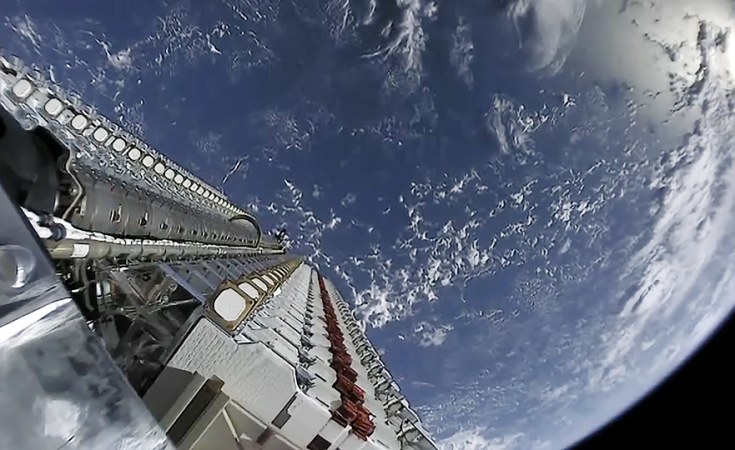Harare, Zimbabwe — Zimbabwe's government has introduced hefty fines of up to $5,000 for poor service in the country's telecommunications industry.
In a statement Tuesday, Zimbabwe's ICT Minister Tatenda Mavetera said the government will levy fines of between $200 and $5,000 per infringement for telecommunications companies and internet providers who fail to give reliable service.
Willard Shoko, an independent high-speed internet consultant, said the new fines could result in a solid telecom industry that can compete in the entire southern African region.
"The motive behind that is to improve internet for the end user. But I think they should also consider improving the infrastructure sharing and also collaboration to improve internet, not only for the region but also for Zimbabwe, because this is the foundation of the digital economy," Shoko said. "I think they should also think about how the internet can be improved and the partnership that can help improve the internet."
Fungai Mandiveyi, media and corporate affairs executive at Econet Wireless, Zimbabwe's biggest telecommunications company, said the new regulations will be easier to comply with than those that existed before.
"The new provisions introduce a new model of penalties, unlike the blanket penalty that existed in the previous statutory instrument," Mandiveyi said. "The new penalties are now linked to specific quality of service breaches, that have also been clearly spelled out. There is now more clarity in what constitutes a service breach, and what penalty goes with a specific breach of the quality of service."
However, Christopher Musodza, an independent digital policy consultant, said the pressure to maintain internet service during Zimbabwe's frequent power outages may present challenges for telecom companies.
"For the telecoms provider, it's going to be tough," he said. "The economy is not performing as anyone would want. We have got issues to do with long hours of load shedding, so service providers have to power their base stations for long hours to ensure that they meet the key performance indicators. So, imagine running generators for most of the day to ensure that you avoid a fine. (I'm) not sure what will cost more; trying to keep up with these economic factors or just paying the fine."
Zimbabweans have long complained about poor and expensive telecommunication service. Shoko said that is the reason they are welcoming the government's decision this month to approve Starlink's license to operate in Zimbabwe.
The U.S.-based satellite company, owned by Elon Musk, has established a presence in several other African countries, including Botswana, Kenya, Mozambique, Nigeria, Rwanda, and Zambia.
"They can now easily get internet anywhere in Zimbabwe at an affordable price, thereby bridging the digital divide. That's one major thing for the end user," Shoko said of Starlink's presence.
"For the local ISPs [internet service providers], there is massive opportunity that Zimbabwe can take advantage of -- investment in ground infrastructure," he added. "Currently in Africa, Nigeria has only two ground stations that are servicing the whole of Africa. If the Zimbabwe government and local ISPs can work together with Starlink to provide ground stations in Zimbabwe, this will allow local ISPs to provide internet to Starlink, and provide better latencies in the region. So this will improve Starlink internet for local Zimbabweans, as well as the region."


